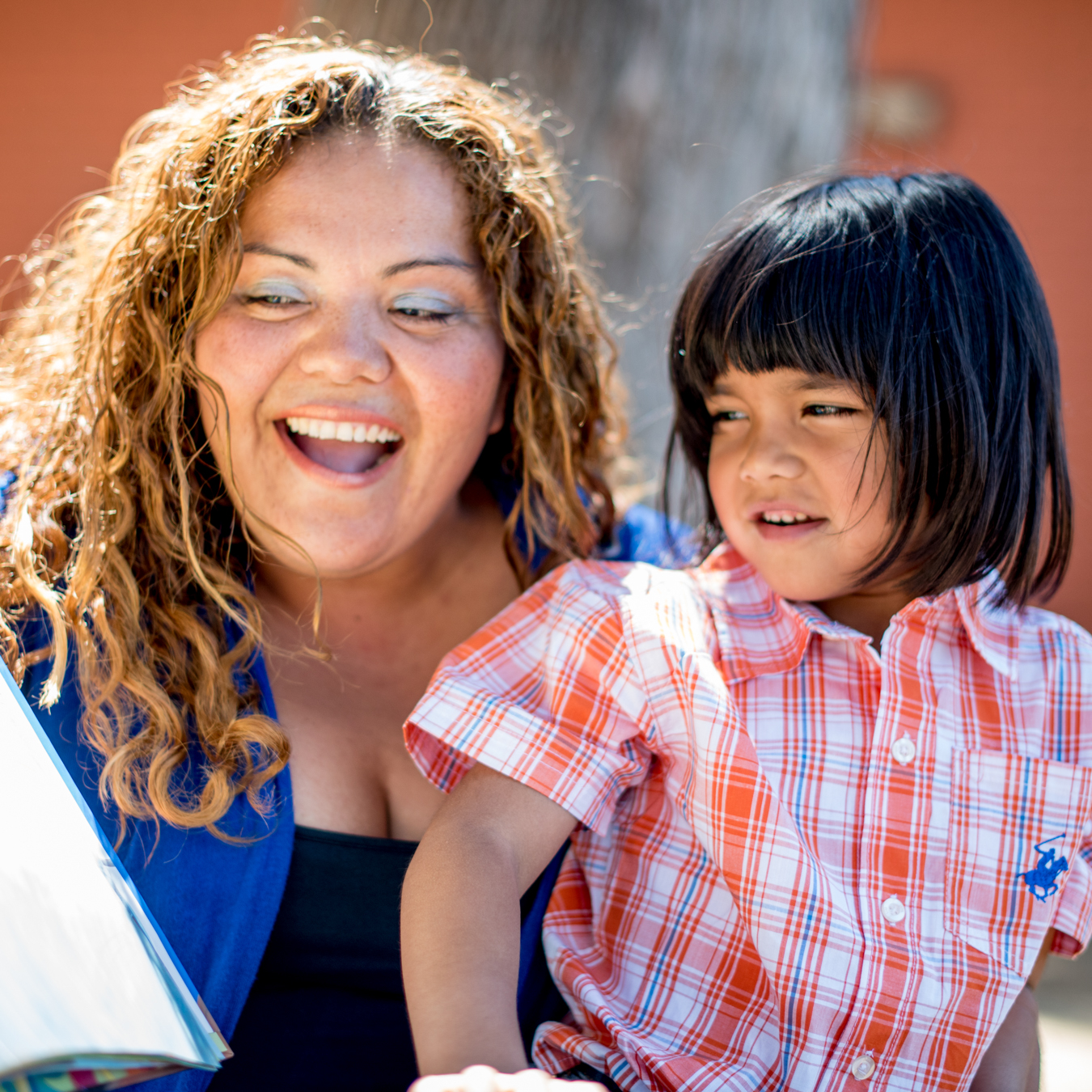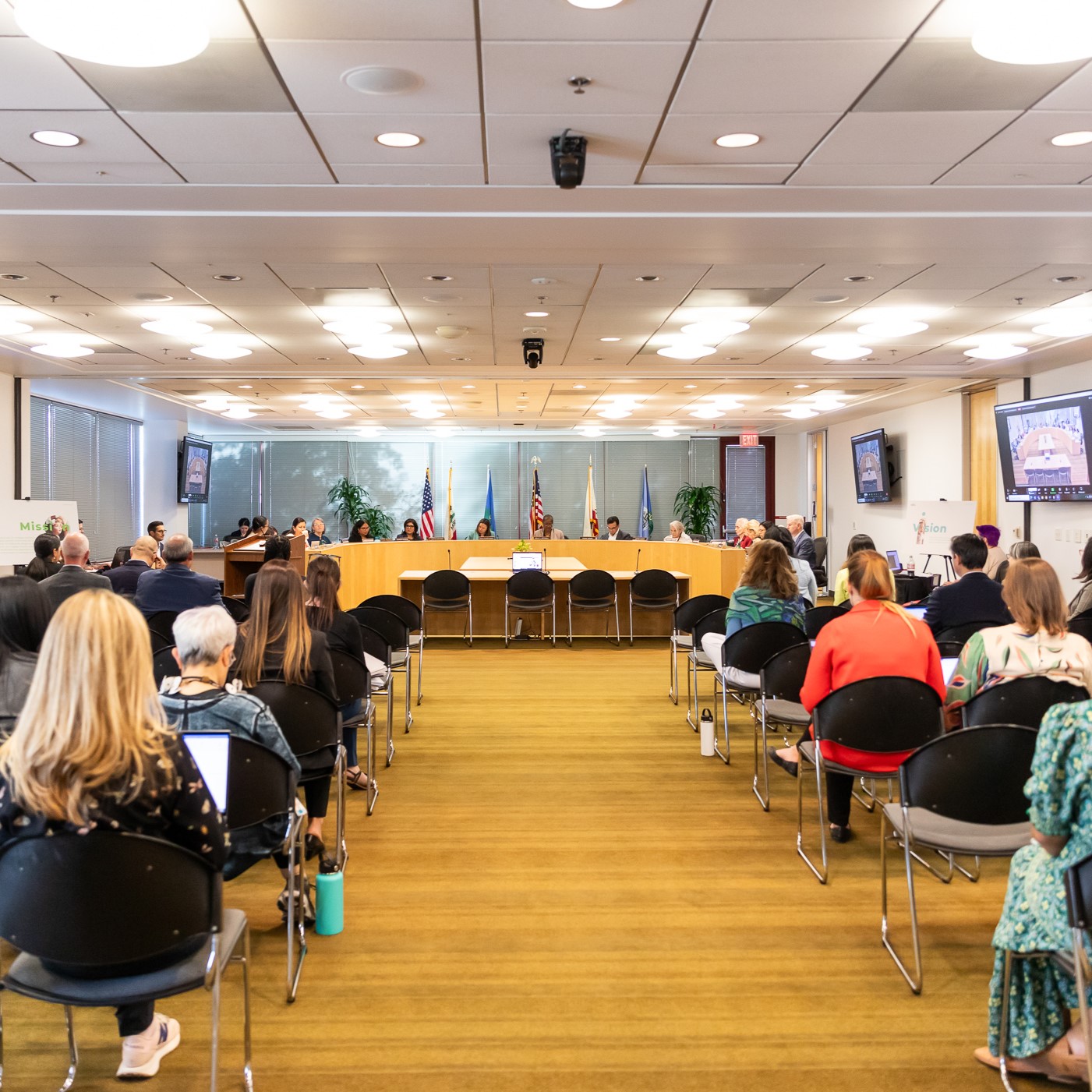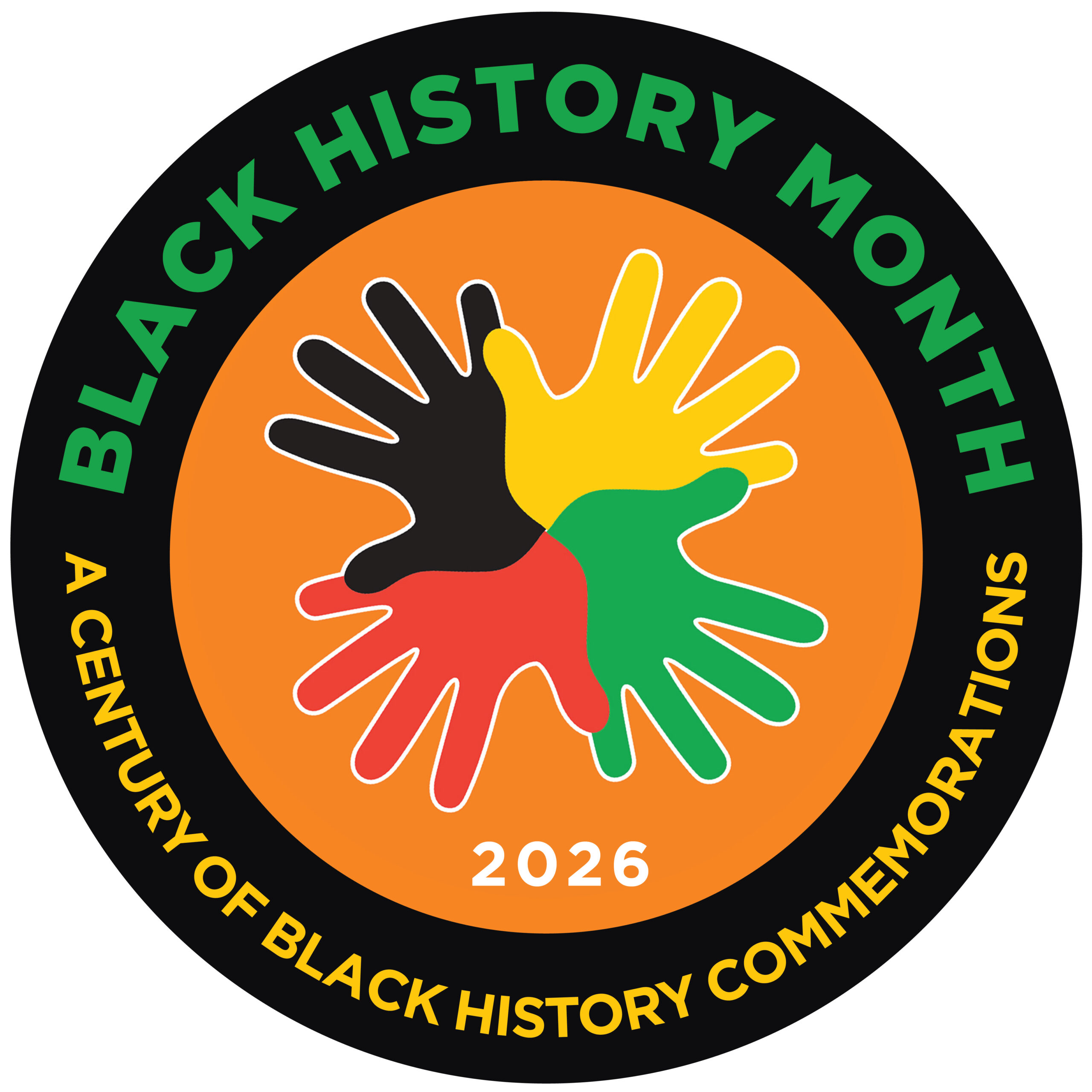
First 5 LA and its partners are calling for a commitment within organizations and systems to become trauma and resiliency-informed and help individuals, families and communities heal from trauma and strengthen their resiliency.

One of the most compounding and damaging factors in a child’s development is the effect of trauma and toxic stress including racism, where the experiences often result in children facing lifelong physical, behavioral and emotional challenges. However, research shows that intervening as early as possible can buffer the impact of trauma on brain development. To identify and respond appropriately to a child who has been exposed to trauma, it is critical to ensure child and family serving systems are equipped with the knowledge and skills to provide innovative and culturally appropriate trauma informed approaches.
Click here for a fact sheet on our trauma-informed approaches strategy.
PARTNERSHIPS FOR IMPROVED SYSTEMS:
Advancing trauma and resiliency-informed systems change in L.A. County is a collective effort built on the commitment of public, nonprofit and philanthropic communities.
Within informed communities, individuals and families will better recognize pervasive trauma, and the county’s public institutions and service systems will strengthen the critical role they play in understanding and addressing trauma. This is why adverse childhood experiences (ACEs), toxic stress, complex trauma and other research is so impactful: It helps multiple systems begin to recognize unresolved trauma as a root cause of many of the issues that are impeding progress toward positive results. As a more informed county develops better responsive systems, trauma-informed approaches will be more fully integrated into policies, procedures and practices, and actively applied to prevent re-traumatization.

CURRENT PROJECTS
Trauma-Informed Pooled Fund – On April 1, 2016, First 5 LA, in partnership with The California Community Foundation, The California Endowment and The Ralph M. Parsons Foundation, launched a countywide trauma-informed care systems change initiative with the commitment of more than 30 public, nonprofit and philanthropic partners. The Center for Collective Wisdom (C4CW) was chosen to design and facilitate the exploratory phase of the initiative, which included an extensive environmental scan of current research and trauma-informed systems change efforts from across the country. The resulting Year 1 environmental scan report summarizes 15 initiatives and categorizes more than 150 resources related to trauma, resiliency and system change efforts. The workgroup met seven times from October 2016 to June 2017, with more than 80 people participating.
Strong Healthy And Resilient Kids – The SHARK Program within the Los Angeles County Department of Health Services addresses the needs of children and youth who are affected by developmental and behavioral challenges as well as toxic stress. First 5 LA is providing support to establish and roll out data collection workflow and management; and develop referral pathways with community connections.
Home For Good Funders Collaborative – In 2017, First 5 LA began its participation in the Home For Good (HFG) Funders Collaborative, which pools public and private funds to advance countywide coordination and support to combat homelessness. First 5 LA’s environmental scan highlights a gap in trauma-informed policies and services within the homeless services delivery system and explores the effects of homelessness and trauma on young children, as well as makes recommendations for effectively improving outcomes for children and families.
Infusing a trauma-informed approach, which uses trauma and its effects in the design and delivery of services, can minimize re-traumatization and help reduce the lasting effect that exposure to trauma can have on a child’s development. As such, First 5 LA contributed funds to the HFG Funders Collaborative to provide training and support to integrate a trauma and resiliency-informed systems framework into its work, including its investments in systems and solutions for combatting homelessness. First 5 LA funds have also contributed to the establishment of a regional coordination network for families that supports the county’s Coordinated Entry System, as well as the development of a trauma and resiliency-informed training module for service providers focusing on homelessness, families experiencing homelessness and the impact of homelessness on child development.
PAST PROJECTS
ACEs Aware – ACEs Aware initiative, launched by the California Department of Health Care Services and the Office of the California Surgeon General, aims to reduce ACEs by half in one generation. First 5 LA conducted provider engagement activities to promote the ACEs Aware initiative among the Medi-Cal provider community in L.A. County. First 5 LA partnered with key stakeholders in L.A. County to implement three activities: 1) Network of Care activities for multiple types of providers; 2) Peer-to-Peer Learning amongst primary care physicians; and 3) a Practice Paper to inform large scale systems change related to screening for and treating adverse childhood experiences by elevating the experiences of families and community-based organizations.
City of Long Beach Department of Health and Human Services – From 2018-2020, with support from First 5 LA and The California Endowment, the City of Long Beach Department of Health and Human Services (DHHS) strengthened a cross-systems, citywide trauma and resiliency-informed approach. The two-year project goals were: 1) pilot trauma and resiliency approaches within and across two systems/organizations (i.e., DHHS and Library Services); 2) convene key trauma-informed champions to design and implement a cross-systems, place-based approach to support staff in delivering trauma and resiliency-informed care; and 3) document organizational culture shift and the associated processes to demonstrate how services are delivered and communities are engaged for future replication.
Los Angeles County Office of Violence Prevention – First 5 LA provided matching funds to the Los Angeles County Department of Public Health (LACDPH) to support the strategic planning process for the new Los Angeles County Office of Violence Prevention, which includes identifying initial roles, focus areas and strategies. Our trauma and resiliency-informed systems change strategy aligns to the new office’s intent to understand how trauma and healing are factored into violence prevention efforts. The office will harness the power of community assets to prevent violence. First 5 LA is proud to partner with LACDPH as they consider the impact of violence on communities and the families that live within them. Safe communities are supportive of optimal child development.

REPORTS ON TRAUMA AND RESILIENCY: A SYSTEMS CHANGE APPROACH:
- Year 1 Emerging Lessons and Potential Strategies from the Los Angeles County Trauma and Resiliency-Informed Systems Change Initiative, July 2017
- Year 2 Lessons and Potential Next Steps for the Los Angeles County Trauma and Resiliency-Informed Systems Change Initiative, August 2018
- Executive Summary of Year 1 and Year 2 Final Reports for Los Angeles County’s Trauma and Resiliency-Informed Systems Change Initiative, August 2018
To learn more about our trauma and resiliency-informed systems change initiative, contact Zully Jauregui, MSW, Senior Program Officer at First 5 LA at ZJ*******@******la.org.
RELATED STORIES:
Funding Upstream Solutions is Key to Remedy the Social Ills of Trauma (May 1, 2018 )
They Help Parents Rescue their Children; One of the Goals is to Increase the Possibilities of Success (Jun 27, 2016 )
Focus On: Trauma-Informed Care (Apr 6, 2016)
What happened to you? Changing How We Address the Impacts of Childhood Trauma (Mar 12, 2018 )
Why Trauma-informed Care Is Needed in Los Angeles County (May 6, 2016 )
Report Names Traumatic Effects of Homelessness on Young Children, First 5 LA Calls for Trauma-informed Approach to Help Kids (Nov 16, 2017)
Trauma-Informed Systems Change (Apr 8, 2016 )
First 5 LA Charts a Leaner Future, Reaffirms Commitment to Community and Best Start
By, Ruel Nolledo | Freelance Writer February 26, 2026 First 5 LA’s Board of Commissioners convened in person on February 12 for its first meeting of 2026. Highlights include the annual election of officers, updates on Governor Newsom's new budget plan, a presentation...
Rob Reiner: Achieving the Inconceivable
By, Ruel Nolledo | Freelance Writer February 26, 2026 “Movies may affect people’s lives. But they don’t have the long-lasting, profound effect of a home-visit program.” Rob Reiner (LA Times, 2002) Rob Reiner was an early childhood advocate as much as he was a...
The Syntax of Change: How One Group is Helping Young Black Learners Thrive
By, Ruel Nolledo | Freelance Writer February 26, 2026 It's the first morning of the BlackECE Symposium, and poet Micah Bournes has the stage. The audience — ECE professionals, policymakers, researchers, advocates and more — listen quietly as Bournes speaks with...
Multilingual Learner Exploratory Pilot: Testing Solutions for Access RFP
POSTING DATE: FEBRUARY 9, 2026 DUE DATE: MARCH 3, 2026 at 5:00 p.m. Pacific Time (PT) UPDATE(S): February 18, 2026: Updated Informational Webinar section to include the webinar slides. February 25. 2026: Updated Questions & Answers section with Multilingual...
The Importance of Remembering: Black History Month
By, Ruel Nolledo | Freelance Writer February 2, 2026 "There is no more powerful force than a people steeped in history. And there is no higher cause than honoring our struggle and ancestors by remembering." - Lonnie Bunch, historian On February 7, 1926, Dr. Carter...
First 5 LA Responds to Governor Newsom’s Proposed FY 2026-2027 State Budget
Los Angeles, CA (January 14, 2026) - First 5 LA President and CEO, Karla Pleitéz Howell released the following statement in response to the proposed FY26-27 California state budget by Governor Newsom: “We applaud Governor Newsom’s proposal to maintain and implement...
First 5 LA Extends Sympathy Following the Passing of Rob Reiner, Film Industry Legend and Early Childhood Advocate
December 16, 2025 (Los Angeles, CA) – First 5 LA extends heartfelt sympathies to the Reiner family and to all those affected by the passing of Rob Reiner and his wife, Michele Singer Reiner. Rob Reiner was known to millions as a TV actor, film director and...
First 5 LA Annual Comprehensive Financial Report (ACFR)
Statutes require First 5 LA to annually issue a report of its financial position and activity. Below are the Annual Comprehensive Financial Reports of the Los Angeles County Children and Families First – Proposition 10 Commission (First 5 LA) for the last five years....
October Commission Meeting: Board Reviews Equity Index and Strategic Plan
By, Ruel Nolledo | Freelance Writer November 19, 2025 First 5 LA’s Board of Commissioners convened in person on October 9. During the meeting, members approved the submission of First 5 LA’s Annual Report to the State Commission and received updates on the Annual...
November Board Meeting Recap: Mental Models for Change
By, Ruel Nolledo | Freelance Writer November 19, 2025 The Board of Commissioners convened on November 13 for its last meeting of the year. During the meeting, Commissioners approved the annual records disposition, authorized receipt of funds for the Welcome Baby...






